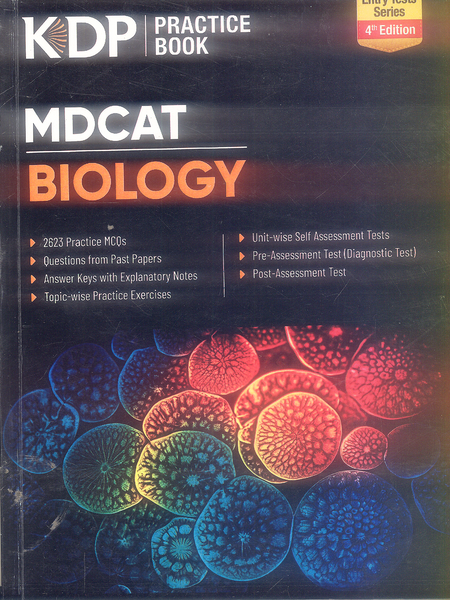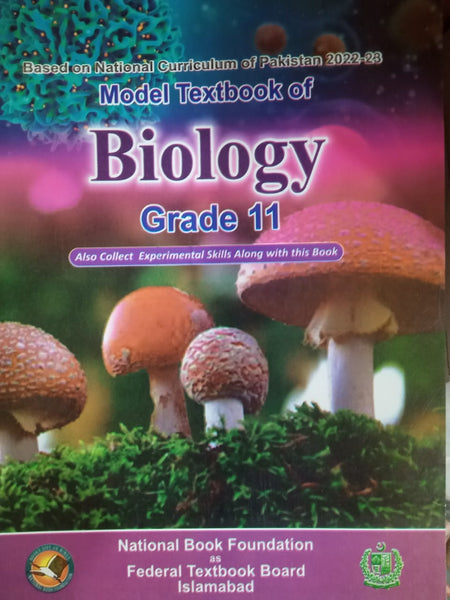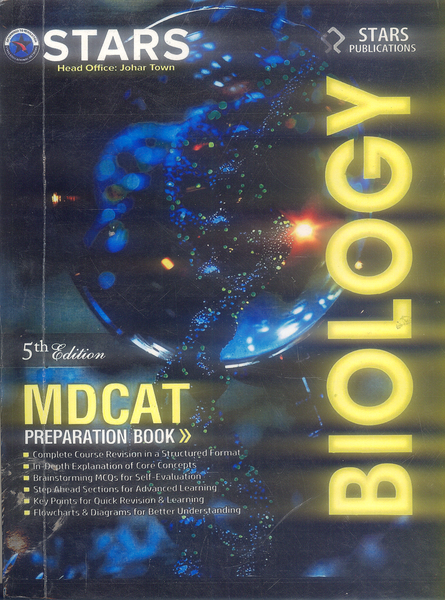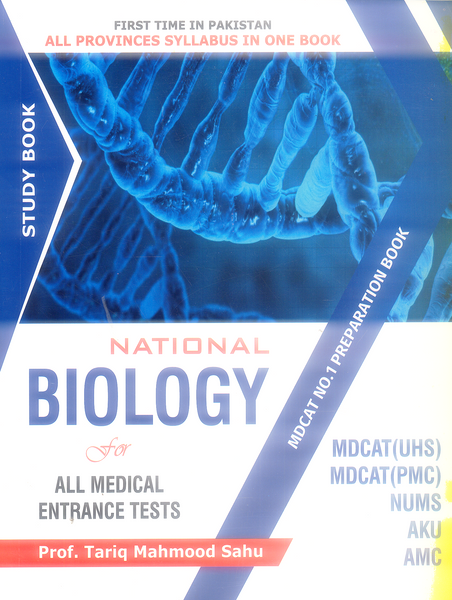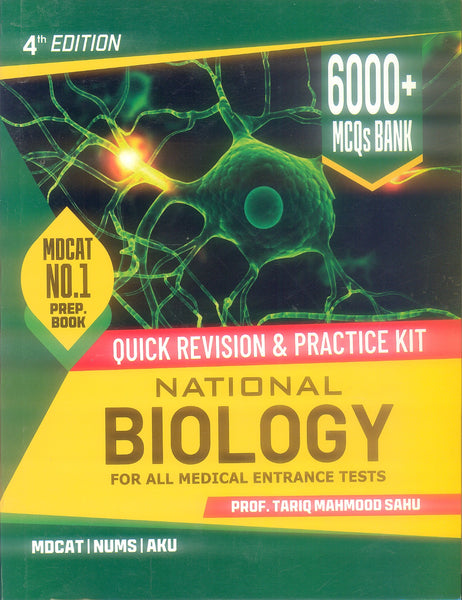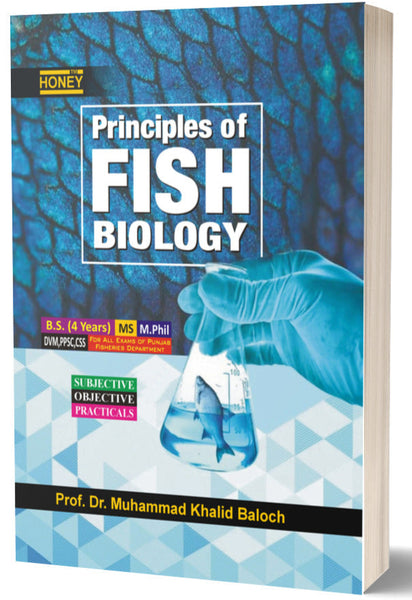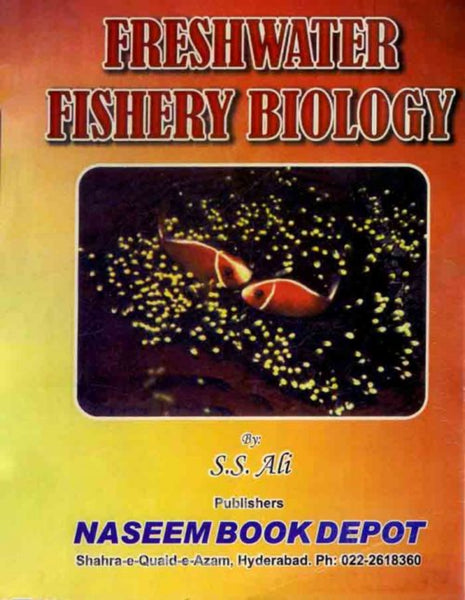Plant Biotechnology: Principles and Applications by Malik Zainul Abdin (Editor)
- Publisher: BOTANY
- Availability: In Stock
- SKU: 49191
- Number of Pages: 406
Rs.890.00
Rs.1,195.00
Tags: agricultural biotechnology , agricultural engineering , Athar Ali , best books , Best Price , Best Selling Books , biotech crops , biotech for food security , biotechnology applications , Biotechnology Book , biotechnology for agriculture , biotechnology for researchers , biotechnology in crop yield , biotechnology in food production , biotechnology research , biotechnology textbook , crop biotechnology , crop improvement , gene cloning in plants , genetic modification of plants , GM crops , Kamaluddin , Malik Zainul Abdin , Online Bookshop , plant biotech case studies , plant biotech principles , Plant Biotechnology , plant biotechnology for students , plant biotechnology techniques , plant breeding , plant cell culture , plant DNA technology , plant genetic engineering , plant genetics , plant genome engineering , plant genomics , plant molecular biology , plant science book , plant tissue culture , plant transformation , plant-based innovation , Principles and Applications , transgenic plants , Usha Kiran
📘 Title Name: Plant Biotechnology: Principles and Applications
✍️ Authors/Editors: Malik Zainul Abdin, Usha Kiran, Kamaluddin, Athar Ali
Quality: Black White Pakistan Print
🔹 Introduction:
This comprehensive book explores the foundational principles and advanced applications of plant biotechnology. It covers key developments in genetic engineering, tissue culture, and molecular tools used to improve plant productivity and sustainability.
🔑 Key Points:
-
Integrates classical and modern concepts of plant biotechnology with real-world case studies.
-
Covers essential topics like plant tissue culture, transgenic plants, and crop improvement.
-
Ideal for students, educators, and researchers in agricultural sciences and plant genetics.



